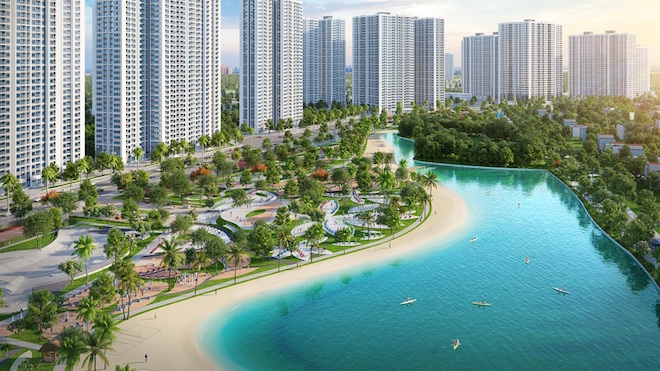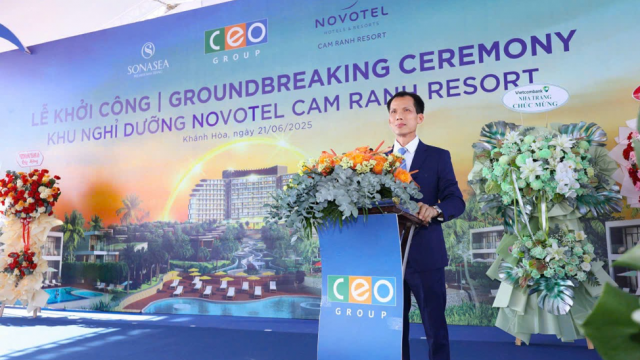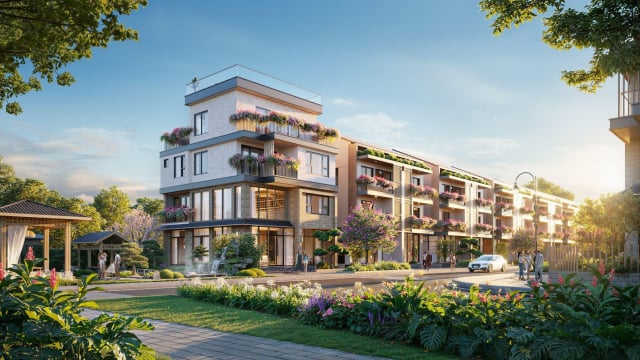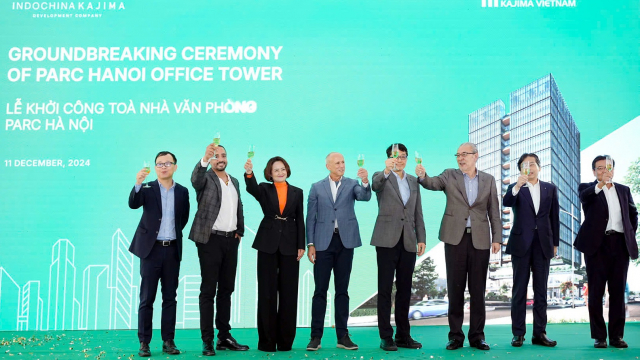Property
Prediction for real estate trends in 2020 and beyond: PwC's report
Residents of cities are rising rapidly with the emerge of megacities that will change the landscape of the real estate market, requiring more creative investors in the increasingly limited space of each apartment.

Real estate developers will have more opportunities but also face not fewer risks as real estate development trends in Vietnam and in the world are changing due to the impact of increasing urban population with new demands and the breakthrough of technology.
The recent report of PwC called Real Estate 2020: Building the future shows that the changing real estate landscape will have substantial implications for the real estate investment community.
The global investable real estate universe will expand substantially, leading to a huge expansion in opportunity, especially in emerging economies. World population growth and increasing GDP per capita will propel this expansion.
By 2020, investable real estate will have grown by more than 55 per cent compared to 2012, according to PwC forecasts, and then will expand by a similar proportion in the following decade.
Fast-growing cities will present a wider range of risk and return opportunities. Cities will present opportunities ranging from low risk/low yield in advanced economy core real estate to high risk/high reward in emerging economies. The greatest social migration of all time – chiefly in emerging economies – will drive the biggest ever construction surge.
So, shifting demographic trends are likely to create a huge need for new and different real estate by 2020 and beyond. Residential real estate will become more specialised, with local and cultural differences influencing exactly how this evolves.
For example, city apartments for young professionals may be smaller, without kitchens or car parks; there’s likely to be a range of retirement five per cent accommodation for the elderly, and families in some emerging economies might well live in gated communities outside the city centers.
Technology innovation and sustainability will be key drivers for value. All buildings will need to have ‘sustainability’ ratings, while new developments will need to be ‘sustainable’ in the broadest sense, providing their residents with pleasant places to live. Technology will disrupt real estate economics, making some types of real estate obsolete.
According to PwC, developers will become more innovative about how they design and build commercial and residential real estate, seeking to use space more efficiently. And construction techniques such as prefab and possibly even 3D copying, offer the potential for fast, cheap and eco-friendly development.
Collaborating with governments will become more important. Real estate managers, the investment community and developers will need to partner with government to mitigate risks of schemes that might otherwise be uneconomic. In many emerging economies, governments will take the lead in developing urban real estate and infrastructure.
Competition for prime assets will intensify further. New wealth from the emerging economies will intensify competition for prime assets; the investment community will need to think laterally to earn attractive returns. They might have to develop assets in fast-growing but higher risk emerging economies, or specialise in the fast-growing subsectors, such as agriculture, retirement, etc.
A broader range of risks will emerge. New risks will emerge. Climate change risk, accelerating behavioural change and political risk will be key. In order to prepare for these implications, PwC says that the real estate investment organisations will need to make sure they have the right capabilities and qualities.
Thousands of smart homes to mushroom in Ho Chi Minh City
Hai Phong industrial property powers up with new project from Indochina Kajima
The project Core5 Hai Phong from Indochina Kajima and Itochu Corporation will deliver approximately 80,000 square metres of world-class ready-built factory for lease, handover expected in the first quarter of 2027.
A decade of unprecedented apartment price surge
A decade of relentless apartment price growth has pushed the dream of homeownership further out of reach for Vietnam’s middle- and lower-income earners.
Essensia Parkway sells out within hours, marking an outstanding partnership with WorldHotels
Essensia Parkway makes significant impact in the high-end real estate market as 100 per cent of the limited collection was successfully registered within just a few hours at the launching event with the theme “Live lux-well, in a truly refined world”.
Essensia Parkway gains global prestige through WorldHotels - Phu Long collaboration
Essensia Parkway is set to mark a significant milestone as the first branded residences project in Ho Chi Minh City to be operated by WorldHotels – one of the finest portfolios of independent hotels and resorts within BWH Hotels.
Indochina Kajima breaks ground on Grade A office building in Hanoi’s emerging hub
Parc Hanoi marks Indochina Kajima's first office-for-lease project in its $1 billion investment plan in Vietnam.









































